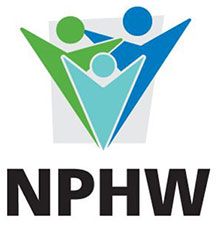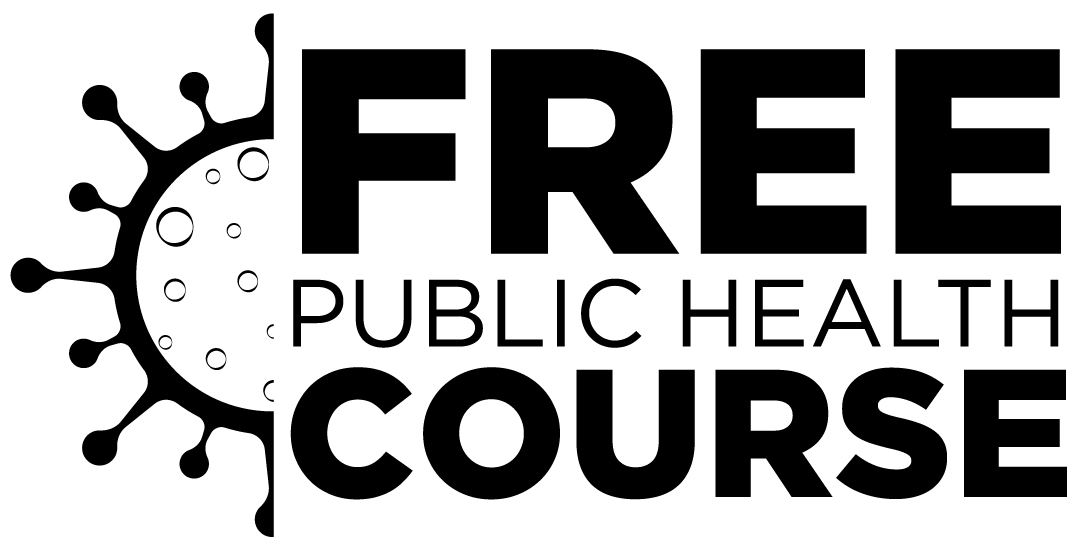What is Public Health?
Public Health is Everything and Anything that Affects Health
Public health encompasses anything that maintains or improves mental or physical health among groups of people. The discipline and practice of public health can be an effective means of reducing the health care burden for a population - by focusing on prevention rather than treatment alone.
Public health often seeks to ensure optimal health and well-being for all through interventions that reduce health inequities and address the upstream determinants of health – or the conditions in which we live, learn, work, and play. These conditions include the physical environment, housing, transportation, employment, access to healthy food, social support, income, and education.
We’re only as healthy as the world around us and the communities in which we live.
In Michigan, the leading causes of death include heart disease, cancer, chronic lower respiratory disease, accidents, and strokes. Public health practitioners work in these areas to improve quality life outcomes and save lives.
The reasons people live longer and healthier lives today are primarily due to advances in public health. Since 1990, the average life span in the United States has increased by more than 30 years. Public health programs have prevented the death of 2 billion children under five years of age each year. As a result of COVID-19, we are likely to see a decline in longevity after decades of steady improvement.
Your Neighborhood
A public health perspective emphasizes the development of safe environments in which people can thrive. For instance, by promoting the following:
- Traveling safely to school
- Living in walkable neighborhoods
- Education about lead-in-paint exposure
- Reducing reliance on automobiles
- Providing better mass transportation
- Advocating for bike trails and parks
- Improving gun safety laws
The Food You Eat
Public health is healthy food. This component includes providing food inspection and safe food sources; providing access to healthy food; maintaining the Eat Safe Fish Guides for recreational and sustenance fishers; increasing nutrition awareness among families, children, and schools about healthy food choices; and more.
Your Physical and Mental Health
Public health helps at-risk populations stay active and healthy. For instance, educating physicians on social determinants of health and systems in which people live enable them to better conduct physical exams specific to heart disease, diabetes, obesity, arthritis, and other chronic conditions.
Public health improves awareness of risk factors for acute and chronic illness, provides training for communities on living and thriving with a disease, promotes exercise in elementary and middle schools, helps school districts update healthy living topics in the Michigan Model school curriculum and more.
Public health empowers communities and individuals to gain and maintain their optimal level of health.
Keeping You Safe
Public health is about increasing awareness on preventing and reducing the severity of outbreaks of infectious diseases, such as the COVID-19 pandemic that has impacted the world. A public health approach also emphasizes violence prevention.
The Air You Breathe
Public health addresses the changing climate to reduce our carbon footprint. For instance, through emphasizing the following:
- Maintaining the Air Quality Index
- Alerting people to high air pollution days
- Exercising outdoors when air pollutants are safer
- Switching to cleaner sources of power
- Reducing reliance on fossil fuels
Community Engagement
Feet-on-the-ground public health is mostly local, even in a global pandemic. The practice of public health is optimal when members of the community are directly involved in decision-making. City and county health departments know their populations best and how to address infectious disease outbreaks, severe destructive weather, and environmental contamination.
Public health professionals bring together federal, state, and local organizations to address urgent health issues and achieve optimal health outcomes with, not for, the community.
Your Culture and Beliefs
In public health, culture matters. Effective health promotion programs and policies are responsive to and respectful of the identities, beliefs, values, customs, and strengths of diverse individuals, groups, and communities. As public health leaders, we commit to practices that are social justice-driven and value all people equally.
Public health encompasses so many important things that affect your daily life.
EXPLORE HIGHLIGHTS FROM MSU PUBLIC HEALTH WORK:

National Public Health Week
April 5 - 11, 2021

Will You Join us in
Shaping a Better Tomorrow?
So many health-related concerns need the attention of public health professionals.
Michigan State University faculty are preparing the next generation of public health practitioners who will find better and more efficient ways to improve health and save lives.
Learn more about our online Master of Public Health Program.
ATTEND INFORMATION WEBINAR.
SCHEDULE APPOINTMENT WITH ACADEMIC ADVISOR.

Promoting Public Health in Michigan in the Face of COVID-19
Strengthen your understanding of public health and why it is important in the fight against COVID-19, and beyond.
Course developed by MSU's Master of Public Health faculty.
ENROLL TODAY